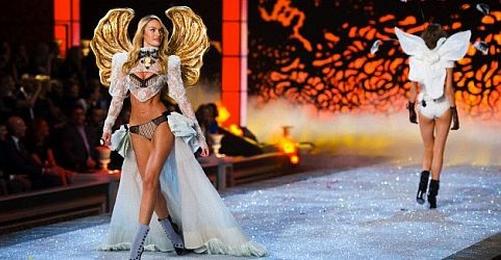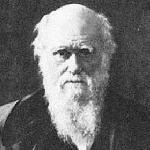The central internet filtering system of the Prime Ministry Telecommunication Association (BTK) was enforced on 22 November. The regulation commonly known as the "internet filter" was designed "to protect minors from harmful contents in the internet". On the first day of its application, many websites of underwear and condom brands were banned from access.
Official websites of underwear and condom brands are covered by the "Family and Children Profile" as one of the options of the "Secure Internet" service provided by the BTK. Hence, access to these sites was denied.
The BTK announced its "General Decisions" in five articles. Article 3 is concerned with "obscene contents". This included the official websites of Durex, Fiesta, Victoria's Secret and Calvin Klein.
Social media removed filtering system
Upon a storm of protest in the social media, most of these sites were removed from the filter one day later (23 November).
The BTK announced five general decisions regarding the "Secure Internet Service":
1 A declaration of compliance of the web site owners with the web sites criteria is essential for the websites covered by the Secure Internet Service.
2 Websites hosting contents like education, culture, arts, work, economy, banking and finance, career, media, shopping, internet service, health, sports, music games etc and websites of official companies and organizations should be included in the Secure Internet Service.
3 In the Secure Internet Service, websites related to gambling, suicide, insult of Atatürk, sexual abuse of children, facilitation of the use of narcotics and stimulant drugs, supply of hazardous substances, prostitution, obscenity, racism, discrimination, hate, terrorism, images of violence and cruelty, martial arts involving blood and violence, animal fights, fraud, malicious software etc. should not be included in the service providing websites and applications.
4 In the scope of the Secure Internet Service, websites related to aspects of Article 3 containing implicit advertisement, advertisement affecting the subconscious and containing incentives should be published on websites without any other content.
5 The opinions of expert organizations and establishments should be fully reflected regarding topics like copyright, hazardous substances, inventory of digital games, tobacco and alcohol sales.
No official list
The BTK did not issue any list of web sites sorted out by the filtering system.
BTK officials say, "We did not issue a list but there are certain criteria. Some problems might occur during the first days of the Secure Internet application since obscenity is such a broad concept".
According to the EngelliWeb ('obstructed web') site, there was an access restriction of 15.500 users even before the ban. Even though access to these sites is not denied directly, EngelliWeb started to identify and list the sites included into the filter of the family profile.
The filtering system was initially expected to be put into force on 22 August but was delayed to 22 November due to massive public criticism. (IC/VK)








